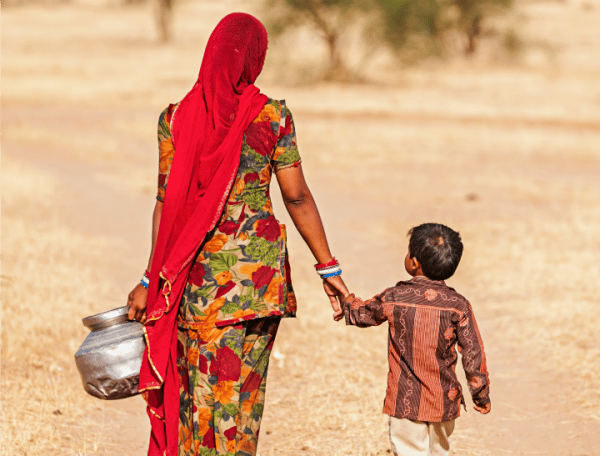
This post is not supposed to make you think your problems are #firstworldproblems.
This post is not intended to make you feel middle class guilt.
I don’t want you to inspect your life and sarcastically think, ‘the struggle is real.’
We face very real problems in our lives.
As a community, women’s rights are threatened by things like unequal pay, lack of access to affordable and accessible childcare, paid parental leave and violence against women.
Closer to home, we grasp at straws trying to balance our work and family. We have to work extra hard to prove ourselves career wise. We labour over decisions for our children’s future.
I have these problems myself.
But when I reflect, I feel incredibly lucky that these are my problems.
One third of the world’s population live without access to proper toilet and sanitation facilities.
Where people have no other choice, they practice of open defecation. It’s not pleasant to think about, but this is the reality of life in many places.



